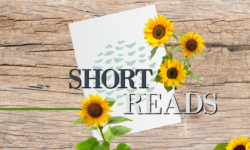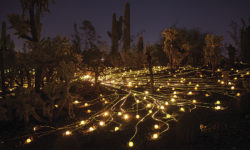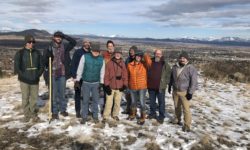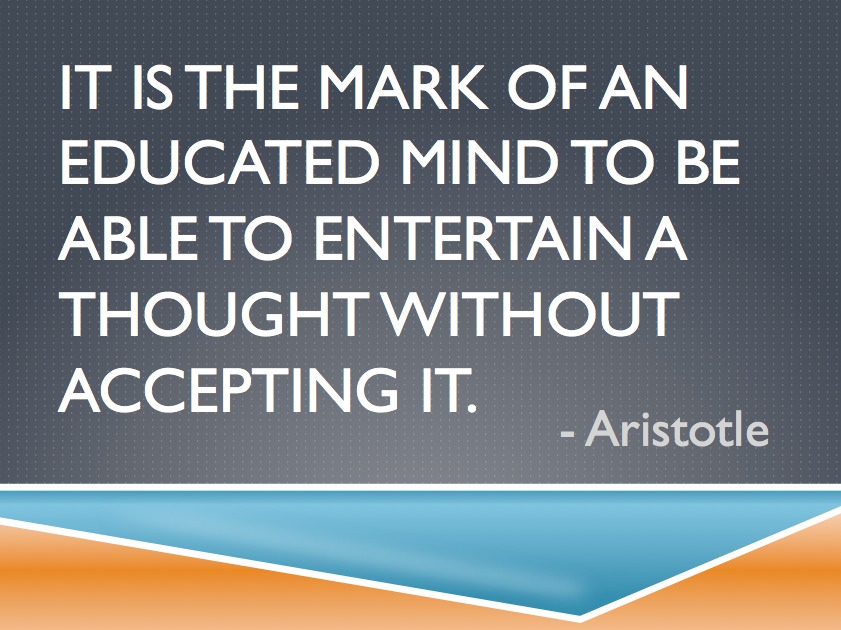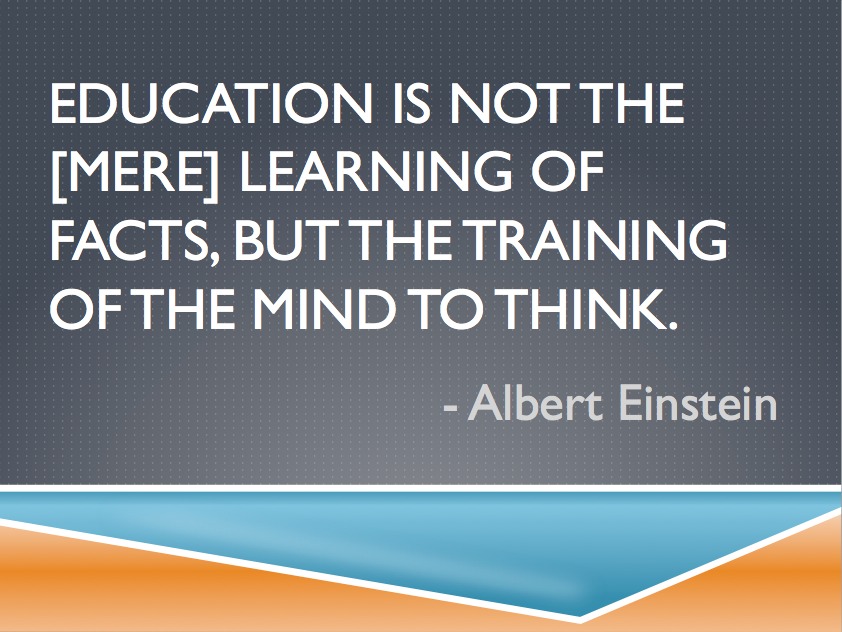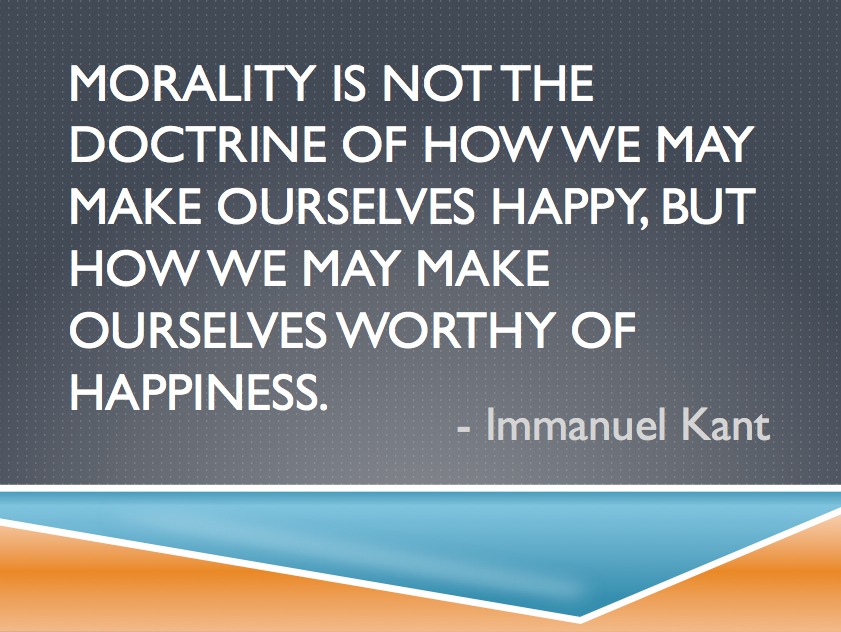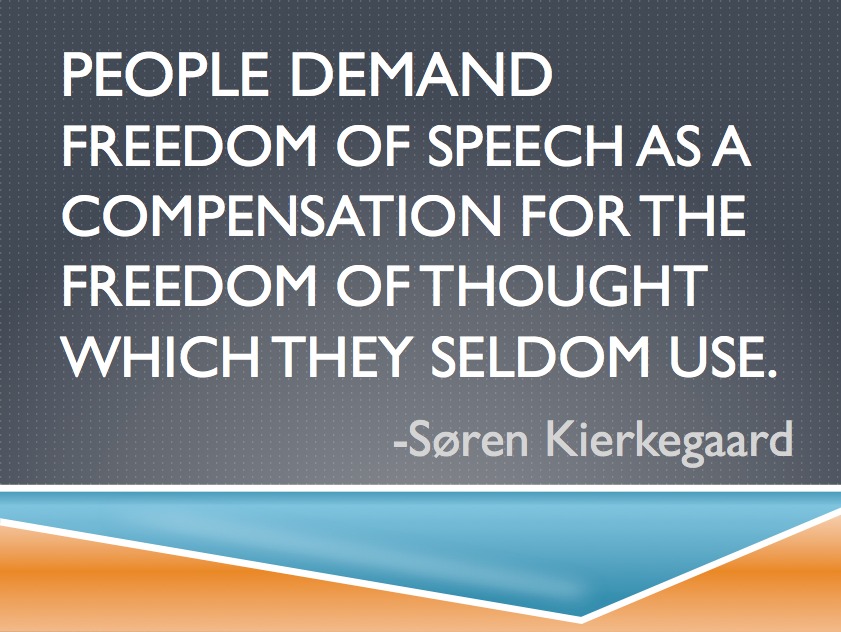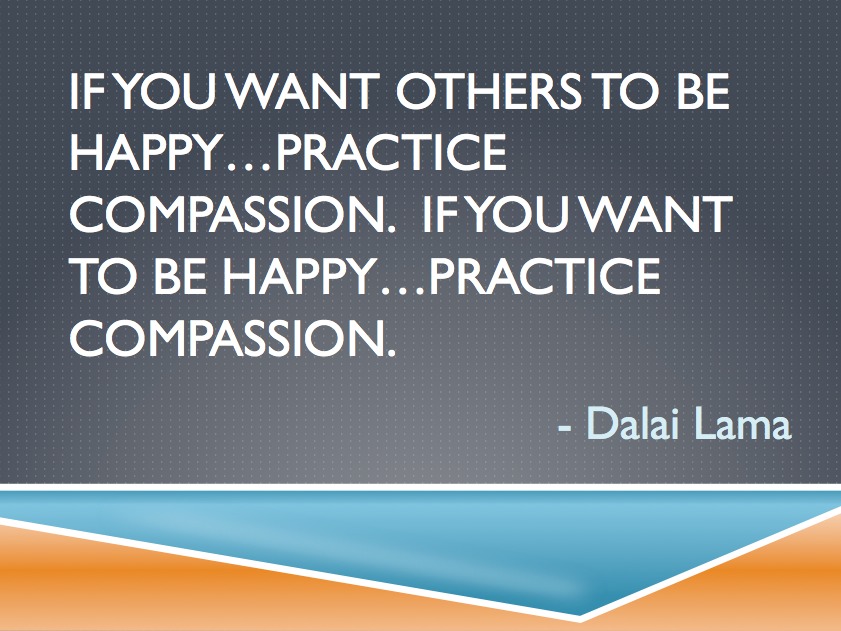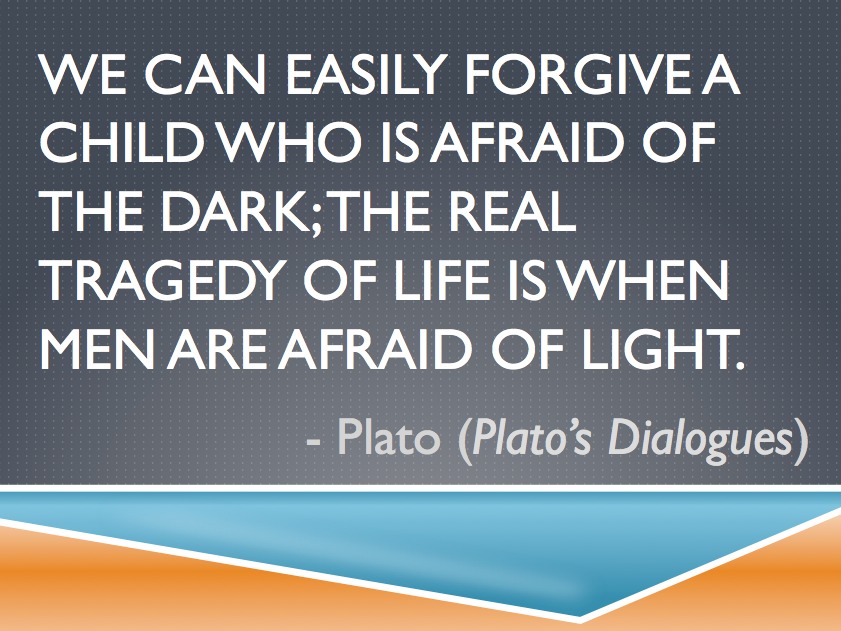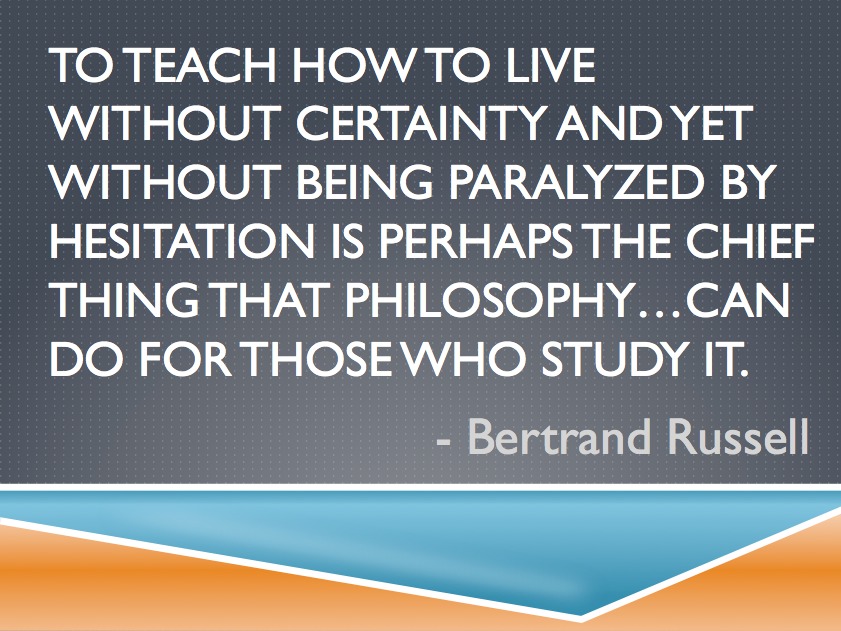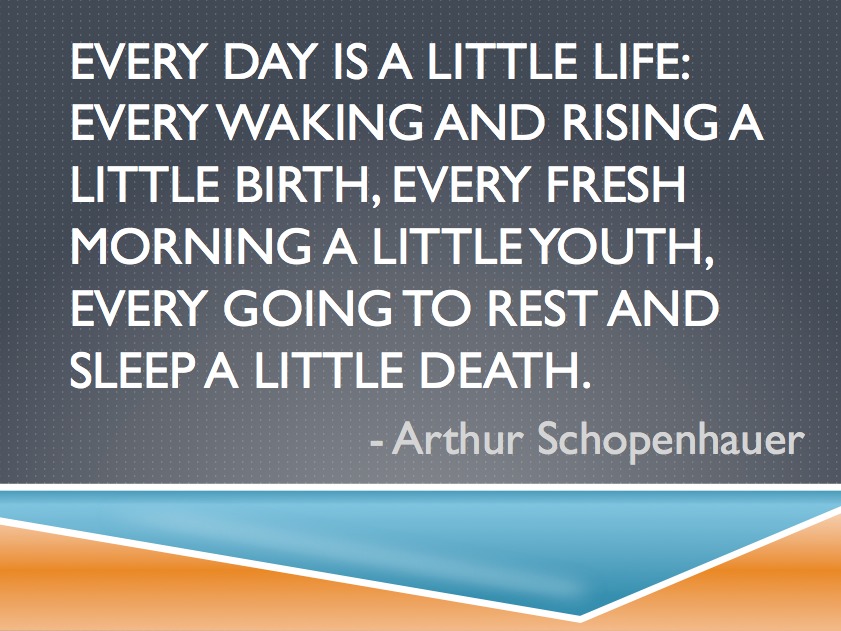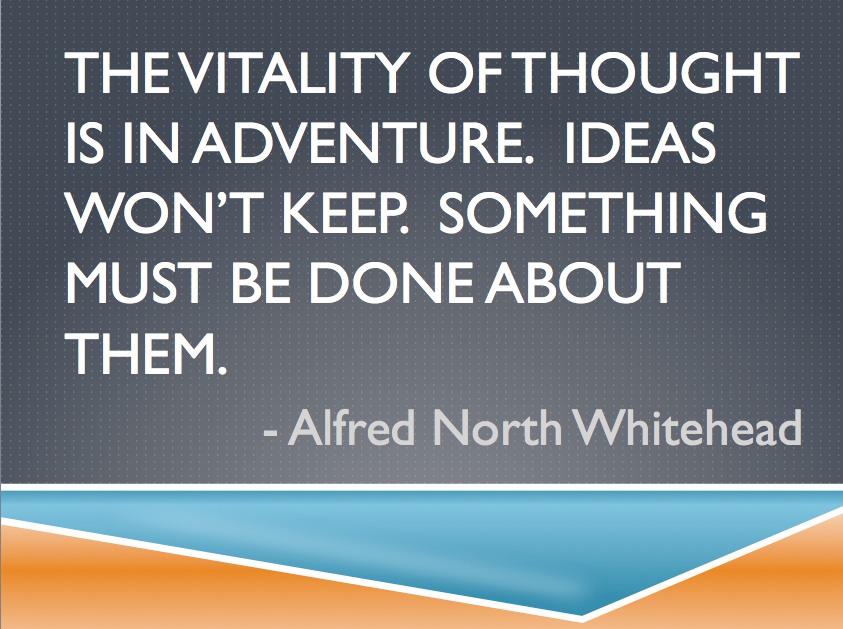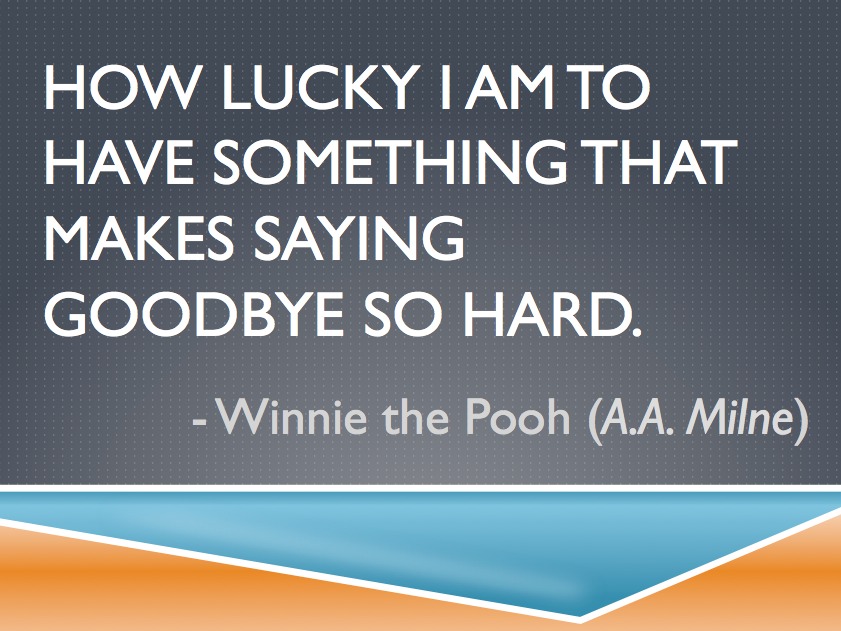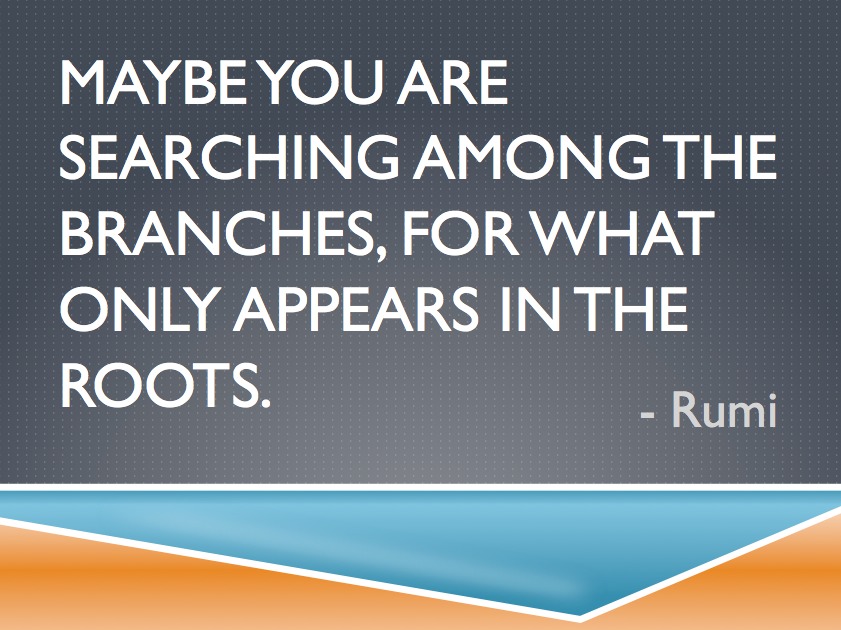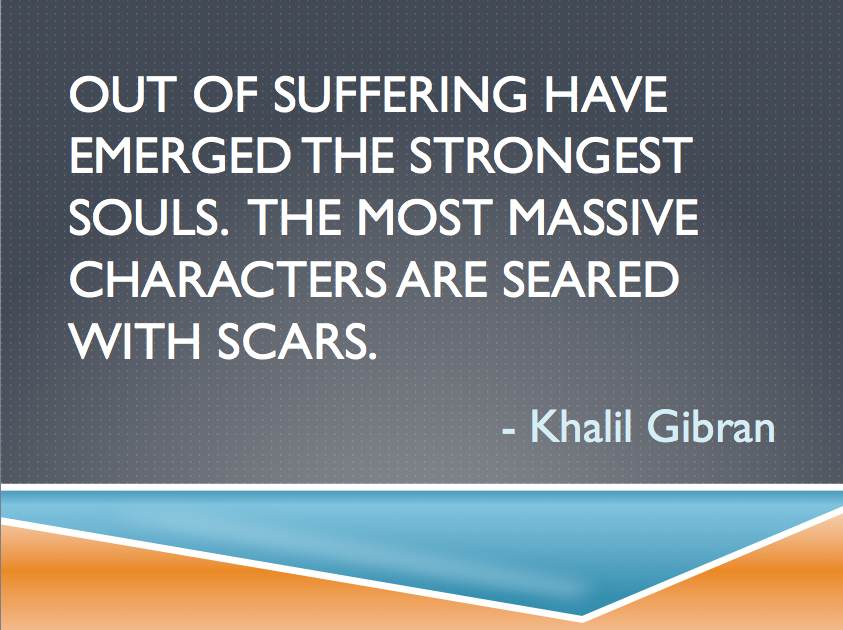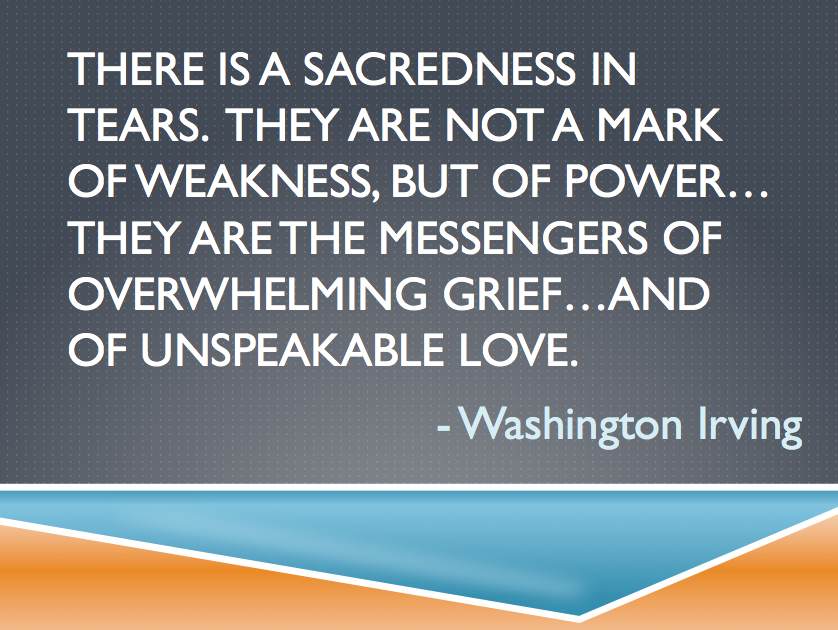Tag: science
How Did We Get Here?: Planet
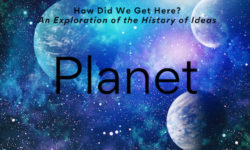
In this installment of “How Did We Get Here?”, we’ll consider the intellectual history of the idea of “planet” with mathematician, physicist, and astrophysicist Kelly Cline. We’ll start with the ancient Greeks, move to Copernicus, and then sashay into the 20th century. Along the way we’ll learn about how scientific words and their definitions serve as a specific lens through which we can view the world. By scientifically defining words so that they most closely match real categories that exist in physical reality, this makes it easier for us to understand, investigate, and make sense of the universe. As such, this installment of HDWGH and the evolution of how we understand and use the word planet will give us important insights into the nature of science and the foundations of our modern civilization. Learn more & RSVP here.
Philosophy Symposia: Our Relationship with Nature (Gaia & Indigenous Perspectives)
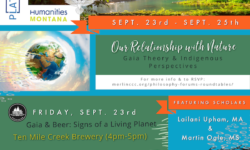
Our Fall symposia will focus on our relationship with nature. Conversational & interactive in format, scholars will consider Gaia Theory & Indigenous perspectives and involve discussions and reflections about the inter-connectivity of earth (and its inhabitants), mythology, science, literature, and ethics. Friday, September 23rd – Sunday, September 25th. Featuring guest scholars Martin Ogle, MS (Educator, Wildlife Scientist & Chief Naturalist Emeritus for the Northern Virginia Regional Park Authority) & Lailani Upham, MA (Educator, Journalist, Storyteller, Environmentalist, Amskapi Pikuni (Blackfeet Nation) tribal member, and a descendent from the Aaniiih, Nakoda, and Dakota tribes).
Philosophy Symposia: Our Relationship with Nature (Gaia & Indigenous Perspectives)

Our Fall symposia will focus on our relationship with nature. Conversational & interactive in format, scholars will consider Gaia Theory & Indigenous perspectives and involve discussions and reflections about the inter-connectivity of earth (and its inhabitants), mythology, science, literature, and ethics. Friday, September 23rd – Sunday, September 25th. Featuring guest scholars Martin Ogle, MS (Educator, Wildlife Scientist & Chief Naturalist Emeritus for the Northern Virginia Regional Park Authority) & Lailani Upham, MA (Educator, Journalist, Storyteller, Environmentalist, Amskapi Pikuni (Blackfeet Nation) tribal member, and a descendent from the Aaniiih, Nakoda, and Dakota tribes).
Philosophy Symposia: Our Relationship with Nature (Gaia & Indigenous Perspectives)

Our Fall symposia will focus on our relationship with nature. Conversational & interactive in format, scholars will consider Gaia Theory & Indigenous perspectives and involve discussions and reflections about the inter-connectivity of earth (and its inhabitants), mythology, science, literature, and ethics. Friday, September 23rd – Sunday, September 25th. Featuring guest scholars Martin Ogle, MS (Educator, Wildlife Scientist & Chief Naturalist Emeritus for the Northern Virginia Regional Park Authority) & Lailani Upham, MA (Educator, Journalist, Storyteller, Environmentalist, Amskapi Pikuni (Blackfeet Nation) tribal member, and a descendent from the Aaniiih, Nakoda, and Dakota tribes).
Frank Wilczek on Beauty & Truth
November 2019 Philosophy Walk: Nature & the Humanities
Philosophy Workshop: Thinking Ecologically About Virtue & Value (Fall 2019)
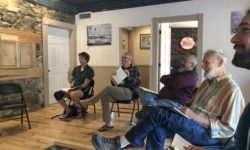
For many philosophers, scientists, and ordinary people, “species” are not only descriptive categories of how things are, but ideal models for how things should be. In this workshop, led by David Nowakowski, we took a whirlwind tour of “species” from antiquity to the present, in order to better understand the hidden assumptions behind our own thinking today…and what thinking ecologically might tell us about virtue & value. Access resources & photos here!

